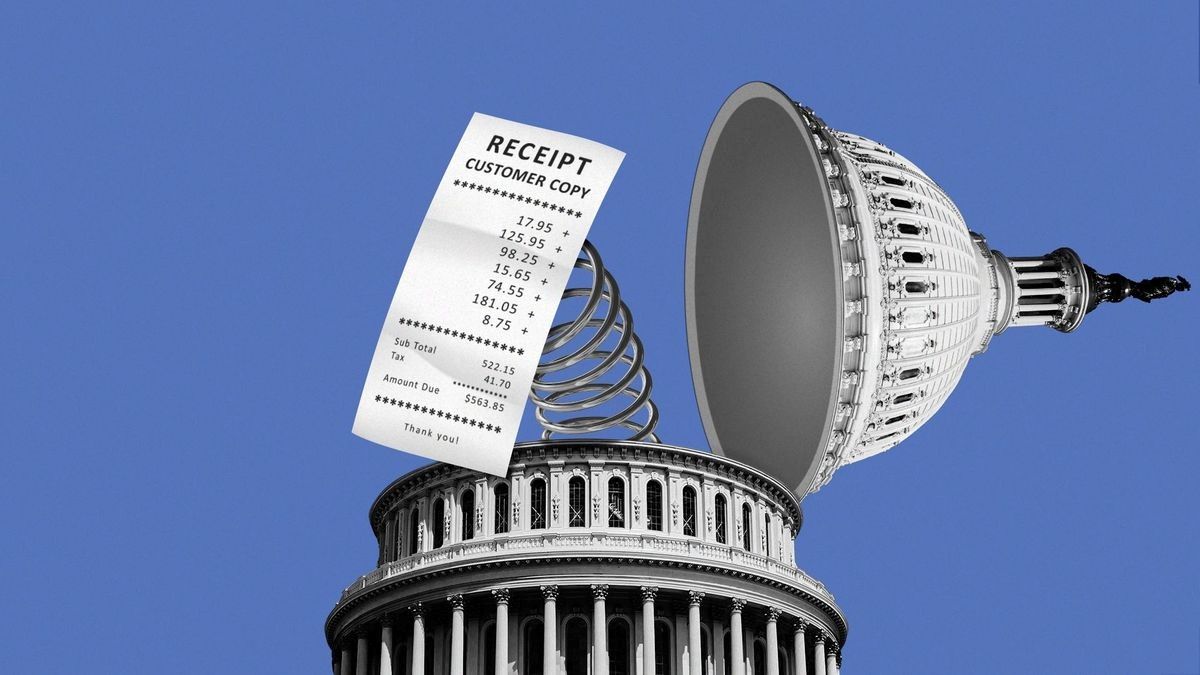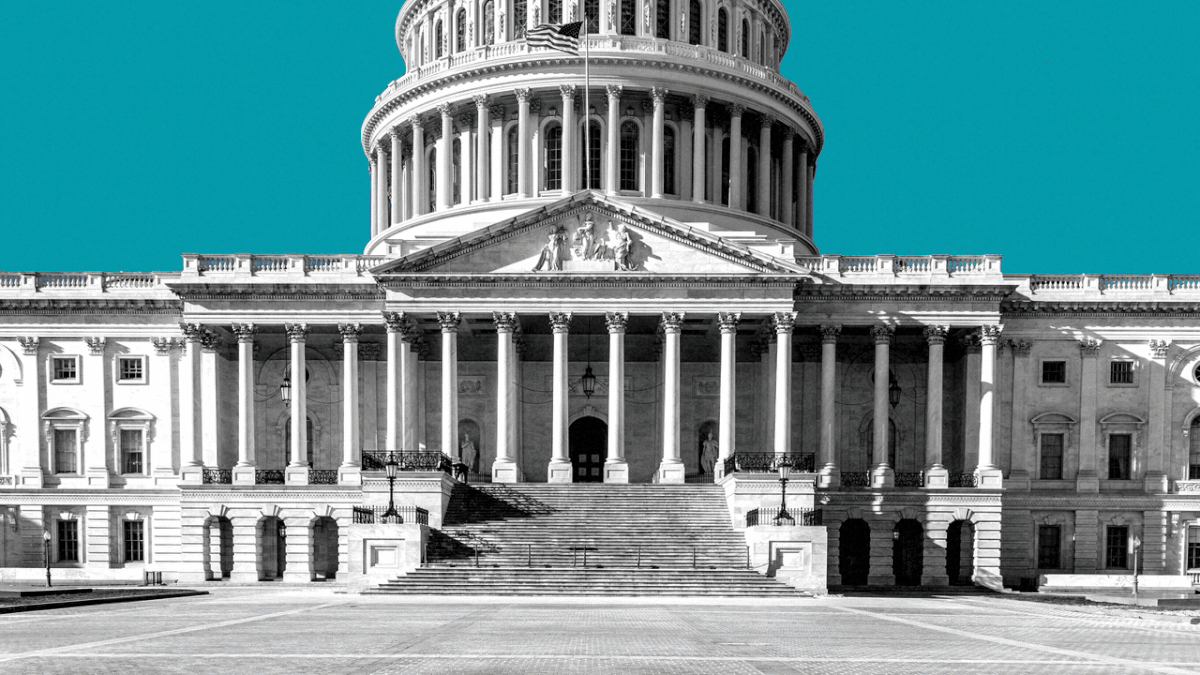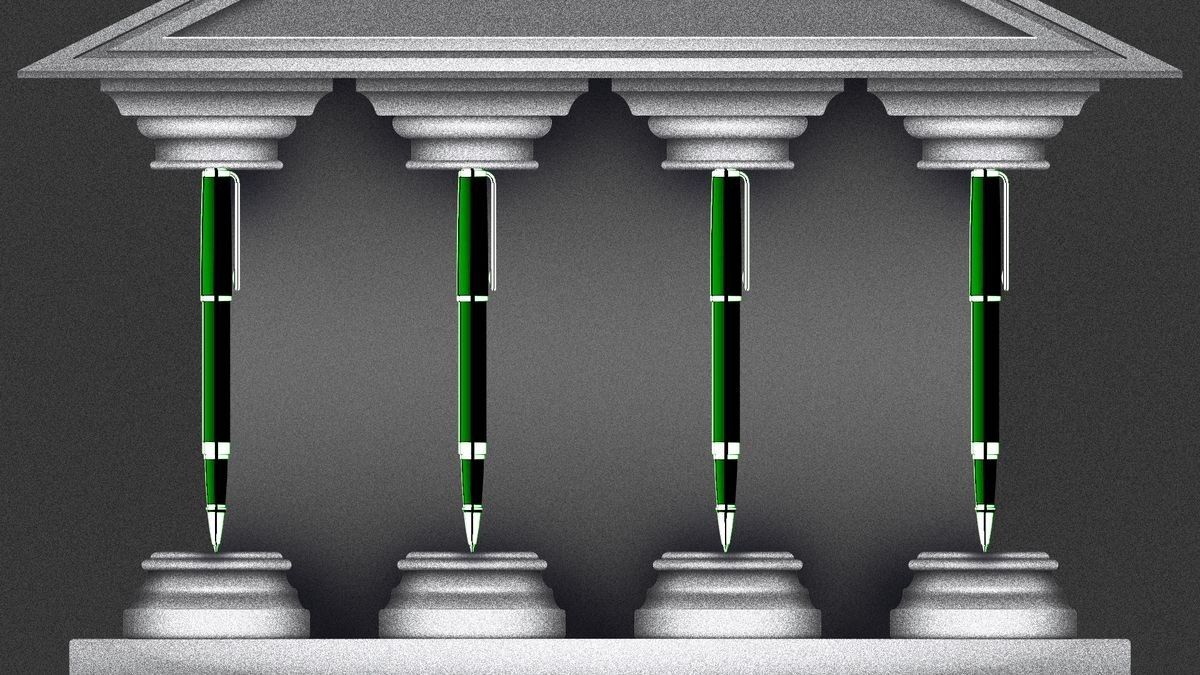eNews, Government
Is the health care crisis fueling the government shutdown?

Anyone who has turned on the news in the past two weeks likely knows that Republican and Democratic leaders have been unable to reach an agreement on government funding as the now three-week government shutdown continues. Democrats are refusing to pass a ‘clean’ funding bill, demanding an extension of the expiring Obamacare tax credits, and Republicans are holding firm despite public polling in support of the subsidies sitting at over 70%. They argue that Congress has plenty of time to extend the subsidies.
So, where does the truth lie? Unsurprisingly, somewhere in the middle.
Insurance companies, much like credit managers, are risk analysts. That means they are already factoring into their pricing the likelihood that Congress will extend the premium tax credits. Without the tax credits, many individuals and families who are relatively healthy will opt to drop coverage, leaving the remaining pool with higher overall risk. If that happens, insurance companies will have less revenue coming in, and comparatively more expensive claims going out the door. While the chances of Congress failing to extend the tax credits are fairly low, it is still above zero, meaning unless the tax credits are extended earlier rather than later, individuals will see higher premiums from insurance companies themselves, even if Congress does get around to extending them in December.
Still, the amount that insurers will raise premiums is hard to calculate. It could be as little as ten dollars, or it could be hundreds of dollars. It’s possible that the harm of a government shutdown exceeds the small price increase insurance companies are building into their premiums to account for the potential expiration of the premium tax credits.
But the premium subsidies are not the only reason Democrats are refusing to pass a ‘clean’ funding bill through the end of the year. Some critics point to President Trump’s rescinding of previously approved funding for initiatives such as foreign aid and the Corporation for Public Broadcasting as a departure from Congressional appropriations. Democrats see this and ask themselves: why fund the government when you have no assurances that the appropriated money will be spent on the programs they prioritize?
Many people are less focused on the procedural details of government operations. That’s why, instead of trying to explain such a complicated issue, Democrats have latched onto the expiring health care subsidies to justify their fight. The subsidies are popular, bite sized and build off of the health care crisis Democrats say was created by the One Big Beautiful Bill. That’s also part of the reason why Speaker Johnson has kept the House out of session. There’s concern that, should a compromise be negotiated and passed out of the Senate, the House may find itself pressured to accept it if they’re already in town.
So how do we get out of the stalemate? Conventional wisdom says the shutdown will end when the average American starts to feel its impacts. However, President Trump has taken steps to minimize the kinds of negative impacts that typically force Congress to act—like having our troops working without pay for weeks on end—by finding creative ways to pay the military and federal law enforcement officers. He has also guaranteed that they will continue to pay out food subsidies for young families. Without these pressure points, we’re looking at possibly another several weeks before we see a breakthrough, particularly if the President finds a way to also start paying air traffic controllers during the shutdown.





